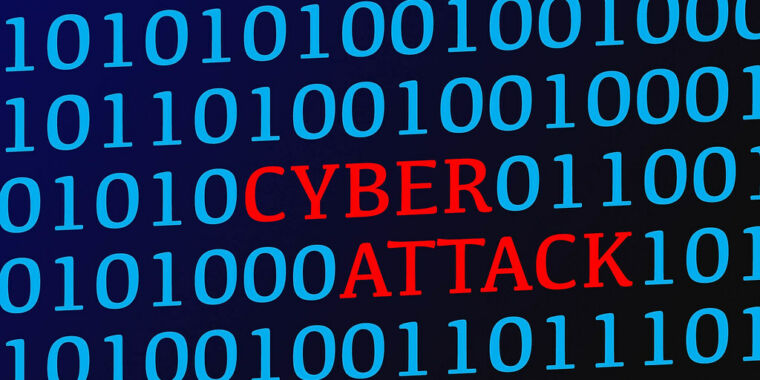DNS poisoning attack worked even when targets used DNS from Google and Cloudflare.
One more reason to have centralized and secure way to do app updates like in Linux (yes, you could still get f for example with not signed app images and such, but less likely)
Not allowing every single app maker make their own update center is the way to go.
Less central repo, and more signed packages. I don’t care where my packages come from, I just care that they’re signed and verified on the client. I can use any mirror I want, including the one I self-host, and I’ll get the same result. Then the problem changes to making sure your mirror is in sync, and that shouldn’t be that hard.
At that point it’s a single point of failure, hack that central repo and infect everything. Plus Linux is not centralized… That’s kinda the point, suse, Debian, arch, red hat all have their own repos…
Yes, but you as a user are in control of when/how you update, you can first update some test server and only then propagate it to other.
But still better have single (hopefully secure) risk point/target that you need to pay attention than have multiple god know when/how updating that you dont even dont know about.
Scary. I think a VPN would help against this kind of attack (although it also shows what could happen if your VPN gets compromised).
Encrypted DNS is the real solution though.



